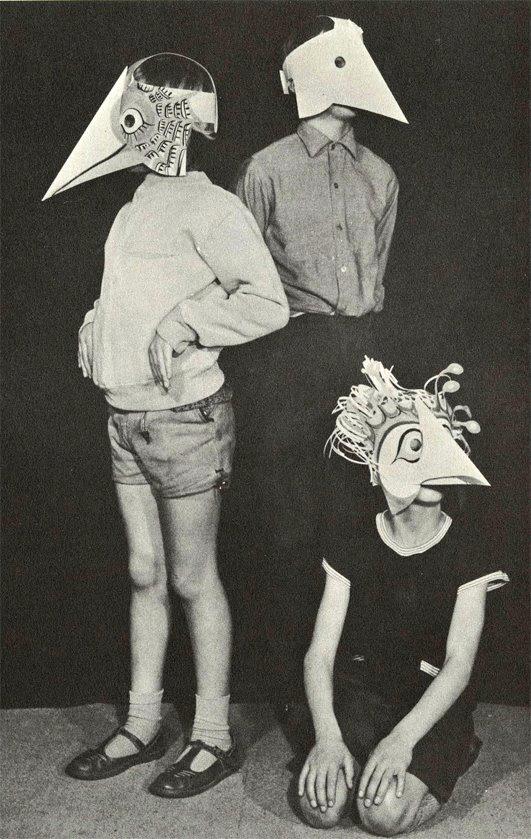The other day I was walking through the City of London and as I turned on to Crutched Friars I almost collided with a friar on crutches.
“Oi! Watch where you’re going!” he shouted.
“I do beg your pardon,” I said, for I am always polite to friars, “I’m afraid I was, as so often, lost in a dreamy haze of preoccupation.”
The friar steadied himself on his crutches and fixed me with a piercing gaze, as if he were preparing to excavate my soul.
“With what were you preoccupied?” he asked. His tone was abrupt.
“Oh, nothing significant,” I said, “Current affairs, you know, turmoil at the BBC, ash dieback, the ongoing saga of Abu Qatada.”
“You have your finger on the pulse,” he said, “I know nothing of those things. As a member of the Order of the Fratres Cruciferi my mind is pointed towards the ineffable.”
“Away from the grubby world?” I asked, but he was already hoisting himself off down the street. Having nothing better to do, I turned about and followed him. There was something in that gaze that had dislodged my brain from its mundane concerns. Not being on crutches myself, I swiftly caught up with him.
“May I accompany you as you make your tottering progress along Crutched Friars?” I asked.
He spat on a flagstone in a very unfriarly way and grunted.
“I would like to know less about current affairs and more about the ineffable,” I said.
“I can tell you nothing of the ineffable that you do not already know, in the innermost core of your being,” he said, “You might be more interested to know why I am on crutches.”
We turned left on to Lloyd’s Avenue.
“Well I didn’t want to pry,” I said.
He cackled.
“Why do people always say they are reluctant to pry into the affairs of crutched friars?” he said, and without waiting for an answer, carried on. “They pry when they ought to pray. Do you pray?”
“Not often,” I admitted, “Though I have been known to raise my eyes to the heavens at times of emotional anguish.”
We were now on Fenchurch Street.
“I can see,” he said, “By looking at your legs that you have not suffered the emotional anguish of losing the use of your lower limbs and being forced to haul yourself along Fenchurch Street on crutches.”
“Well actually I did lose the use of my lower limbs for several weeks when I was seven years old,” I said, “And felt great emotional anguish, commensurate with my youthfulness at the time.”
“Ah, but did you hobble encrutched through the city?” He saw from my face that the answer was no. “No, you lay abed in the comfort of home, no doubt, fetched warm milk and biscuits by your mama.”
“Indeed so,” I said, “May I ask, then, why you do not lie abed in your friary, fetched warm milk and biscuits by your friary equivalent of a mama?”
“Because a crutched friar cannot rest when he has urgent business to attend!” he shouted.
We were now on Lombard Street.
“You cannot pray, so pry!” he went on, “Pry to find out why I am on crutches and why I am heading west and now very slightly north-west through the city!”
To be honest, I didn’t much care. I still wanted to hear about the ineffable. But it seemed rude not to ask, as he kept going on about his crutches, so I asked.
“Would you believe me,” he said in reply, “If I told you our friary has fallen victim to heathen voodoo interlopers?”
“I would if you furnished me with more detail,” I said.
“They came one wild and windy night,” he said, “And they were cleverly designed as crutched friars. They said they came from one of our houses in Belgium or Bohemia, I forget which, somewhere beginning with B. We gave them porridge to eat and bales of straw on which to rest. All seemed hunky dory, or as hunky dory as it ever gets in the friary. But soon enough odd things started to happen, odd and unseemly things. Things involving the ritual sacrifice of chickens, for example.”
“Gosh!” I said.
We passed on to Mansion House Street.
“There was an eerie shenanigans with the blood of ducks, too, and pins in dollies, eyeless, horrible dollies. Brother Whitlow’s head swelled to the size of a medicine ball. Brother Sandwich raved like a madman. Brother Nitty turned into a serpent. And I lost the use of my lower limbs.”
“It was voodoo?” I asked.
“That is my guess. And as a crutched friar I intend to fight fire with fire. Though I feel their heathen spell upon me. I hope it is not too late.”
“But surely you are safe from them, and their awful magic, here in the sun-dappled city streets?” I asked.
“Ha!” he cried, “Would that it were so! Their power is hideous and terrible. It is not only I who fear their damnable tricks. You have chosen to walk beside me, so you too, at any instant, could fall victim to their voodoo!”
And as he spoke, we both turned into Poultry.










